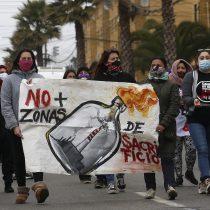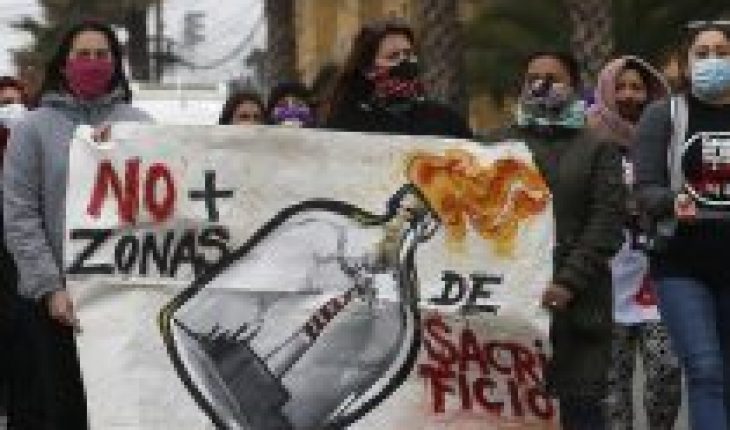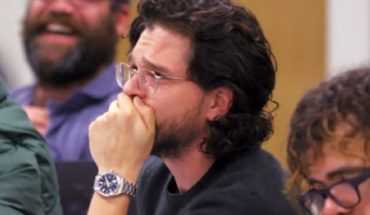
The Constitution enshrines within fundamental rights living in a pollution-free environment, and notes that some guarantees may be restricted in order to protect the environment. However, despite how beautiful these statements may seem, there is a widespread perception of citizens that the State has not ensured that this principle transcends concrete actions and measures in favour of ensuring a healthy and ecologically harmonious environment.
The role of leading environmental policy accordingly to what is mandated by the Constitution rests with the Ministry of the Environment, which within its functions is responsible for the dictation and revision of environmental regulations, whose purpose is to protect the health of people (primary quality standards) and ecosystems (secondary quality standard). However, this portfolio is constantly criticized by the public for its low will to establish environmental regulations that effectively fulfill its purpose.
When comparing national standards for breathable contaminants (particulate matter MP10 and MP2.5, SO2 sulphur dioxide, nitrous oxide NO2) with US, European Union, Peru and WHO standards, national standards have standards and surpluses that allow most Chileans to breathe an air with concentrations of pollutants hazardous to our health, in a clear contradiction to the principle enshrined in the Constitution.
In the erratic environmental policy of recent decades (Conama-MMA), citizens have seen the authorities dictate and eliminate rules almost at their full discretion, without major ethical or precautionary issues, eliminating, for example, the breathable arsenic standard in 1994, which to date has not been restored, and in 2013 the annual MP10 standard, which had to be answered after citizens resorted to the courts to protect themselves from the ministry’s decision.
The negligence with which the State of Chile has administered environmental regulations for pollutants has not only become apparent when setting insufficient standards to protect the health of individuals and/or ecosystems, but also at the time of review (every five years), as established in Law No. 19.300, which is why as Fundación Terram we used Contraloria during the year 2019 in order for the MMA to begin the process of reviewing the thermoelectric standard, which should have started in 2016.
In this regard, Contraloria ruled its immediate start to review in February of this year. Similarly, in July this year, members of the community of Quintero and Puchuncaví together with Fundación Terram appeals appealed to the Court of Appeals so that the MMA would initiate the processes of dictation of the standard of breathable arsenic, revision of the MP2.5 standard (whose start time was in 2017) and revision of the standard of casting emissions (which began in 2018). In this regard, the MMA finally decreed in November this year the start of revision of the foundry standard and the beginning of the dictation of the respirable arsenic standard after 26 years since its elimination, omitting the beginning of the revision of the MP2.5 standard, which is why we have resorted to the Supreme Court and today we are awaiting the ruling.
As Fundación Terram we believe that for the rule of law to be complied with it is essential that the MMA act on an initiative in accordance with the provisions of the current legislation, and not reactively, motivated by opinions of Contraloria and / or Tribunals, which respond to actions brought by citizen organizations. There is no doubt that the unrest expressed in the October plebiscite and the overwhelming triumph of the Apruebo option in environmental Sacrifice Zones such as Tocopilla, Mejillones, Calama, Huasco and Quintero and Puchuncaví indicate the urgent need to reform our environmental institutionality, in order to make it consistent with the needs of the country and the demands expressed for years by the inhabitants of various territories, issues that must undoubtedly be present in the drafting of the new pact that the Constitutional Convention will have to initiate during the coming year.





